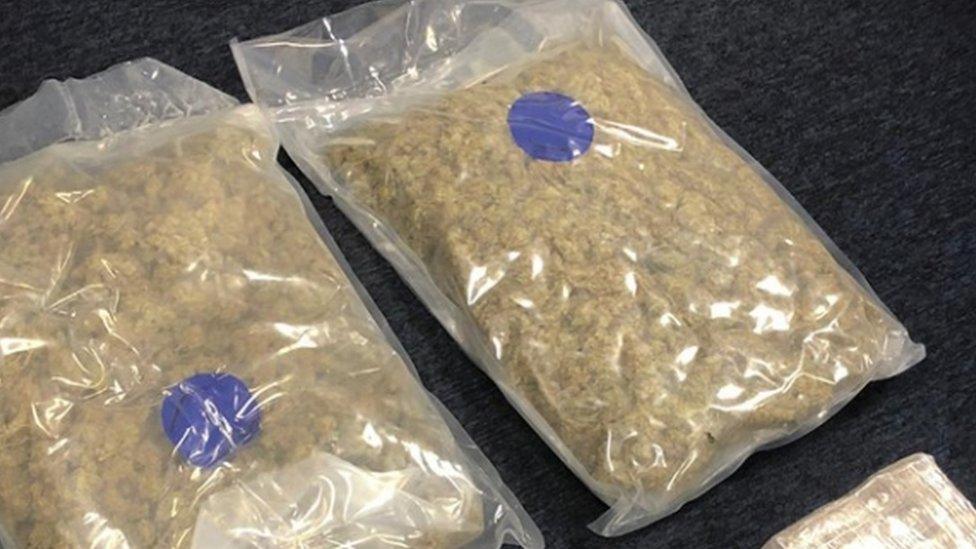Up to £5m funding to support county lines victims
- Published
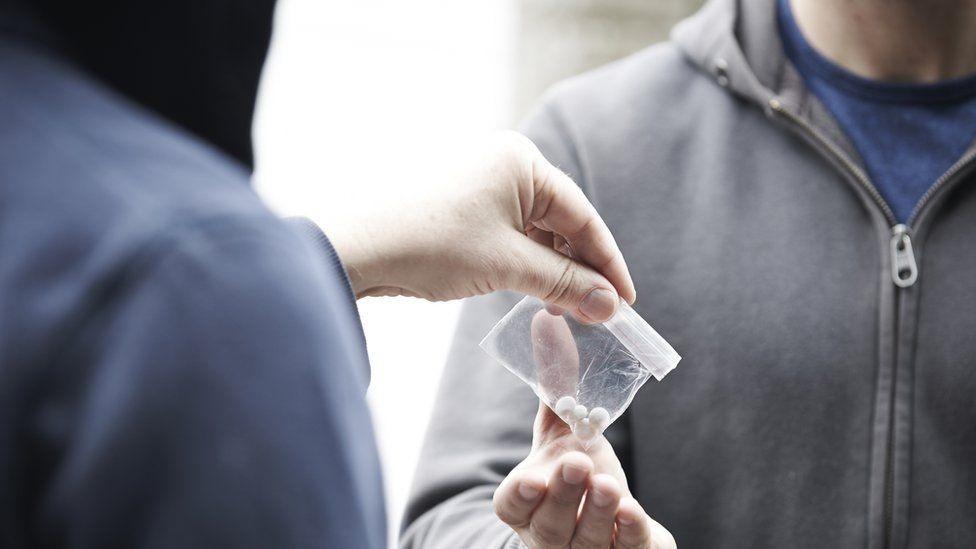
Home Office minister Jeremy Quin said he wants victims "to know that we are on their side".
The Home Office has allocated up to £5m to support victims of county lines exploitation over the next three years.
Support services in London, the West Midlands, Merseyside and Greater Manchester will be expanded.
County lines involves drug gangs grooming children or vulnerable adults to run drugs from one city to often more rural parts of the country.
Home Office minister Jeremy Quin said he wanted victims "to know that we are on their side".
The money will go towards providing a rescue service and specialist one-to-one support for victims, provided by the charity Catch22., external
The service will safely make contact with young people who have been referred by safeguarding partners, such as the police and children's services, and work with them to exit their involvement in county lines activity.
If under-25s are identified outside of their home towns, the rescue service will be deployed to bring them home safely.
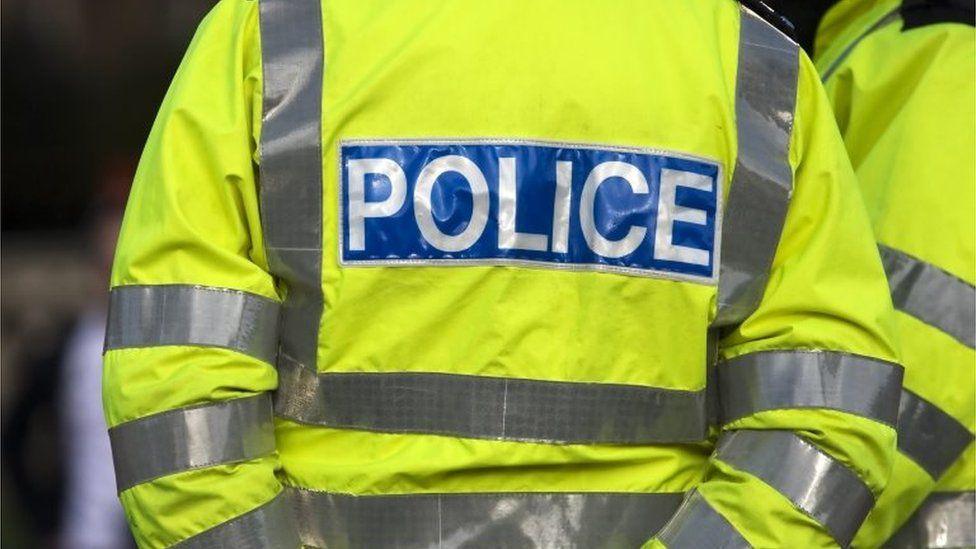
In March, forces across the country took part in the National County Lines Intensification Week
"Since 2019, the government's County Lines Programme has shut down 2,400 lines, made over 8,000 arrests and engaged more than 9,500 individuals through safeguarding interventions," Mr Quin said.
In March, forces across the UK carried out synchronised raids seizing cash, drugs and firearms from properties used to run drug operations.
In the West Midlands, forces across the region made more than 200 arrests and seized drugs with a street value of more than £1.5m, during the National County Lines Intensification Week between 7 and 13 March.
The funding will also be allocated to the confidential and anonymous helpline SafeCall,, external which helps victims of county lines exploitation.
Chief executive at Catch22, Naomi Hulston, said: "We know that grooming techniques are becoming more advanced and that escaping the clutches of these perpetrators can be incredibly difficult."
The service will also offer mental health support and counselling to the young people and their families to help deal with the trauma of their experiences.

Follow BBC West Midlands on Facebook, external, Twitter, external and Instagram, external. Send your story ideas to: newsonline.westmidlands@bbc.co.uk , external
Related topics
- Published18 March 2022
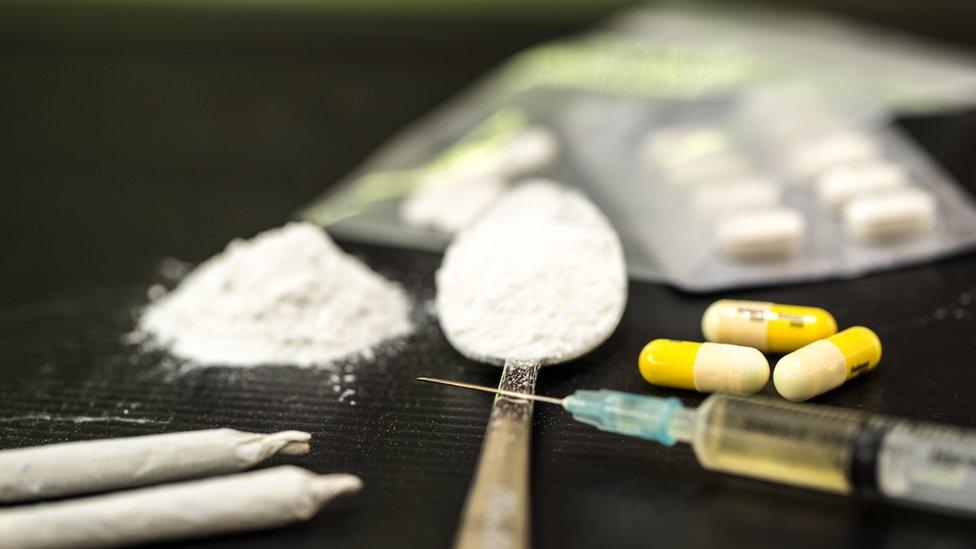
- Published30 December 2021
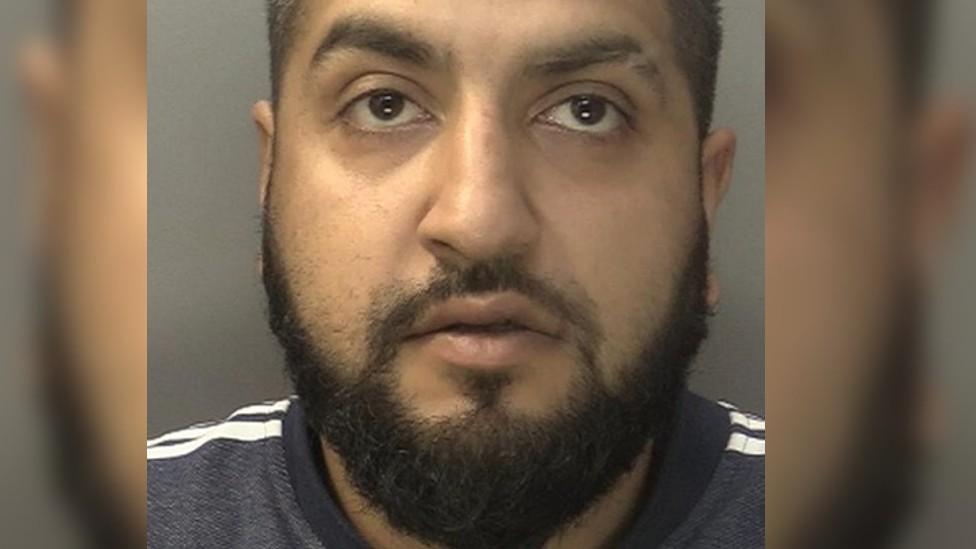
- Published24 February 2021
